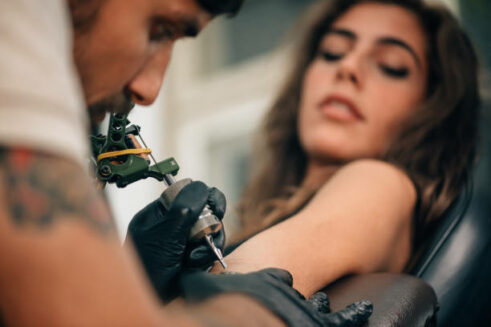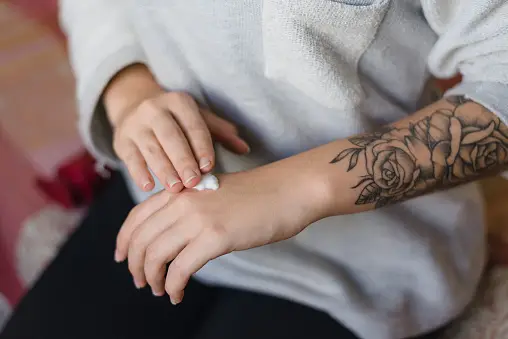Elegir la crema anestésica adecuada es crucial para una experiencia de tatuaje cómoda.. Las opciones en la tienda ofrecen comodidad, ofreciendo una variedad de cremas, geles, aerosoles, y ungüentos. This article explores the significance of numbing cream, available in-store options, and factors to consider before purchasing.
Understanding the Tattoo Process
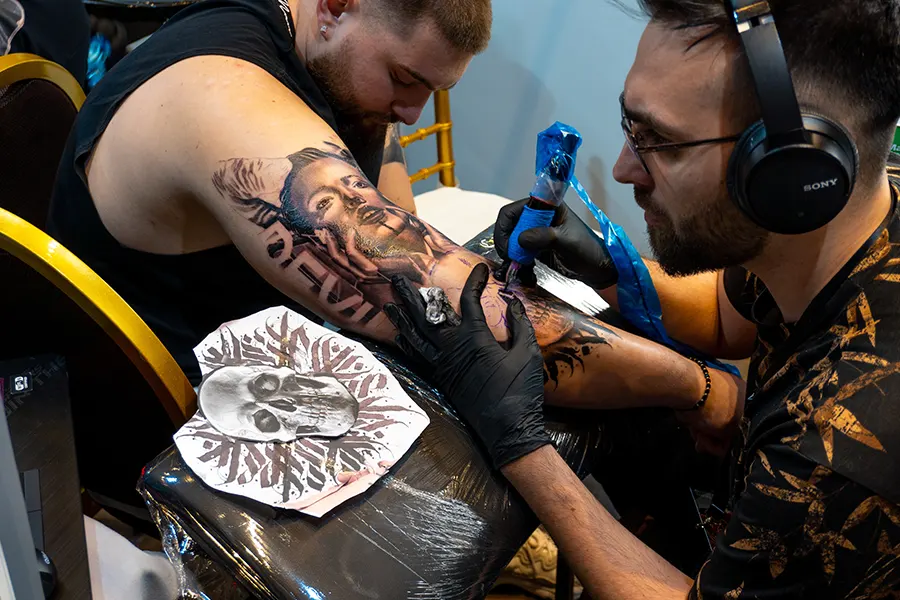
Getting a tattoo is a significant form of self-expression, but concerns about pain often accompany the decision. Understanding the tattoo process is key for those considering this art form.
The tattooing process involves a needle puncturing the skin’s top layer, and injecting ink into the dermis for a permanent design. The steps include artist preparation, stencil application, the actual tattooing process, and post-tattoo aftercare.
Several factors influence pain tolerance during tattoo sessions, such as the tattoo’s placement, tamaño, complexity, and individual pain threshold. Cremas adormecedoras, containing ingredients like lidocaine or benzocaine, have become popular for reducing pain during sessions. They enable more extensive or intricate designs and provide a sense of relaxation and ease, particularly beneficial for those anxious about needles or pain..
Use Over-the-counter Tattoo Numbing Cream
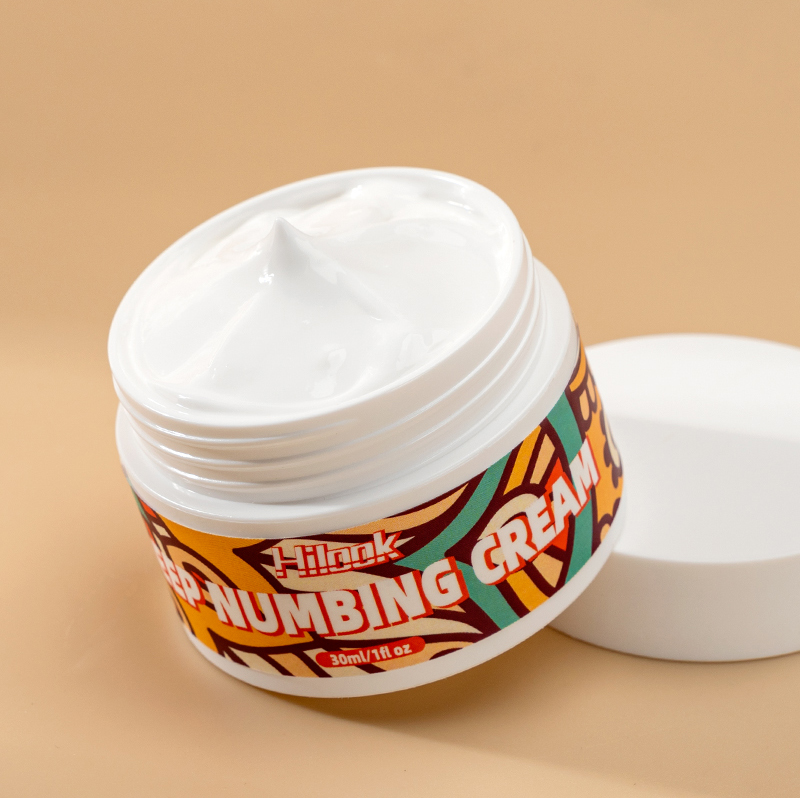
When contemplating numbing creams for tattoos, the question often arises: Can over-the-counter (OTC) options effectively alleviate the pain associated with getting inked? OTC numbing creams, containing active ingredients like benzocaine, lidocaína, or prilocaine, offer a mix of advantages and disadvantages in the realm of tattoo pain relief.
Effectiveness of OTC numbing creams
These creams work by temporarily numbing the skin, dulling pain receptors. While they provide some relief, it’s important to acknowledge that they may not entirely eliminate tattoo-associated pain. The effectiveness varies based on factors like ingredient concentration and individual pain thresholds.
Advantages of using OTC numbing creams
- Accessibility: OTC numbing creamsare easily obtainable in drugstores and online, offering accessibility to those seeking pain mitigation during tattoo sessions.
- Affordability: Compared to prescription alternatives, OTC creams are generally more budget-friendly, catering to individuals on a financial constraint.
- Convenience: OTC numbing creams require no prescription or doctor visit, making them a convenient choice for those inclined towards a do-it-yourself approach.
Disadvantages of using OTC numbing creams
- Limited strength: OTC creams often feature lower active ingredient concentrations, potentially resulting in a less potent numbing effect and partial pain relief.
- Variable effectiveness: The efficacy of OTC numbing creams varies among individuals, with some experiencing significant relief while others find minimal effects.
- Potential skin reactions: Although uncommon, allergic reactions or skin irritations may occur. Patch testing the cream on a small area before application to the tattooed site is essential.
What Numbing Cream is Used for Tattoo in a Pharmacy?
When seeking relief from tattoo pain, many turn to numbing creams available at pharmacies. These creams, featuring ingredients like lidocaine or benzocaine, temporarily desensitize the skin during tattoo sessions. Popular brands such as Dr. Adormecer, Hola, and Numb Master are accessible at pharmacies, offering convenience and FDA-approved safety. Some tattoo artists would like to turn to numbing cream wholesale for more customizable tattoo numbing and aftercare products.
While pharmacy-sold numbing creams are easily accessible and FDA-approved, they may have limitations in strength compared to prescription-grade counterparts. The lower concentration of active ingredients could result in a less potent numbing effect, potentially reducing pain relief during tattoo sessions. Además, these creams may not be explicitly designed for tattoos, potentially impacting their effectiveness.
Factors to Consider when Choosing a Numbing Cream
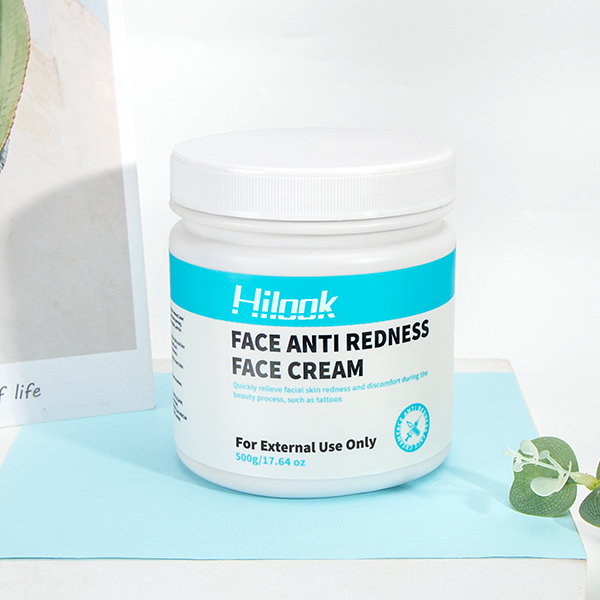
When selecting a numbing cream for your tattoo, consider these factors:
- Tattoo size and location: Larger or more sensitive areas may require a stronger numbing effect.
- Allergies and skin sensitivities: Check for potential allergens in the product and consult a healthcare professional if needed.
- Desired numbing effect: Choose a cream that aligns with your pain tolerance, offering the right level of relief.
- Duration of numbing effect: Consider the length of your tattoo session and opt for a cream that provides adequate numbing for that duration.
- Personal preferences: Take into account factors like scent, texture, and ease of application to enhance your overall comfort.
By weighing these considerations, you can select a numbing cream that suits your needs, ensuring a more enjoyable tattoo experience.
Checking for FDA Approval and Regulations
Selecting an FDA-approved numbing cream for tattooing ensures safety and effectiveness, reducing the risk of adverse reactions. This approval indicates rigorous testing and compliance with FDA standards, providing reassurance for a worry-free tattoo experience.
Understanding FDA regulations is crucial, covering labeling, allowable ingredients, and usage instructions. Familiarity with these guidelines empowers informed decision-making and ensures compliance with safety standards.
Verify product legitimacy by checking for an FDA registration number or NDC on the packaging, signaling approval and necessary evaluations. Consulting your tattoo artist or healthcare professional for recommendations adds valuable guidance based on their expertise.
En conclusión, prioritizing FDA-approved numbing creams guarantees safety, effectiveness, and compliance.
Consulting with a Tattoo Artist or Professional
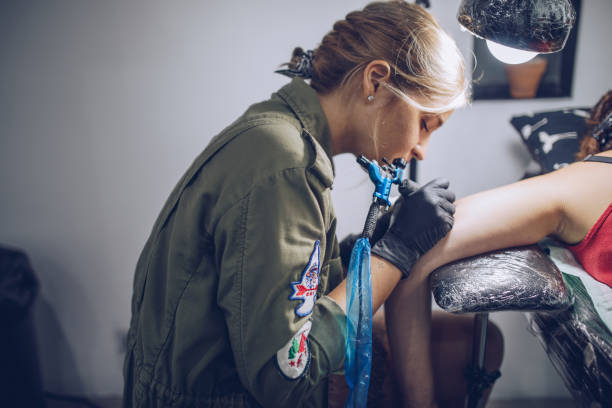
When choosing a numbing cream for your tattoo, consulting with a tattoo artist is essential. They offer valuable insights and recommendations based on factors like pain tolerance, tattoo size, and session duration. Key points to consider:
- Advice on suitable numbing cream options: Tattoo artists can suggest creams tailored to your needs, considering factors like pain tolerance and tattoo specifics.
- Discussing concerns or questions: Open communication allows addressing concerns about potential side effects or interactions, ensuring an informed decision.
- Understanding the artist’s preferences: Artists may have preferences for certain numbing creams, guiding you toward reputable brands or products that have proven effective.
By consulting with a tattoo artist, you leverage their expertise to choose a numbing cream that enhances your comfort during the tattooing process.
Testing a Small Area before Full Application
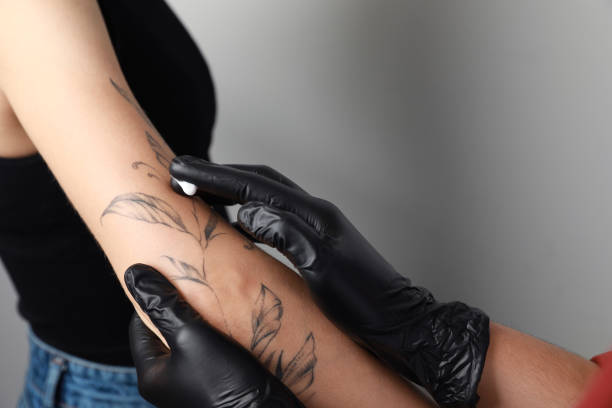
Ensuring your safety with numbing creams for tattoos involves a crucial step: patch testing before full application. This precautionary measure helps prevent potential allergies or adverse reactions, safeguarding your skin during the tattooing process.
Importance of Patch Testing
Patch testing is vital to identify potential skin reactions before applying numbing cream to your entire tattooed area. By conducting this simple test, you can detect allergies or sensitivities, Asegurar una experiencia de tatuaje segura.
Step-by-Step Guide
- Select a small area: Choose a discreet skin area, like your wrist or the back of your ear, for easy observation.
- Clean the area: Thoroughly clean the chosen spot with mild soap and warm water, eliminating any residue from previous skincare products.
- Apply numbing cream: Gently apply a small amount of the cream to the test area, ensuring full absorption into the skin.
- Wait and observe: Let the cream sit for the recommended time specified on the packaging (usually 30 minutes to an hour). Follow specific manufacturer instructions.
- Monitor for reactions: Watch for redness, picor, hinchazón, or irritation during the waiting period, indicating potential adverse responses.
- Cleanse and assess: After the recommended time, cleanse the tested area with warm water and mild soap. Observe the skin for 24-48 hours for any delayed reactions.
- Analyze results: If no adverse reactions occur, it suggests the numbing cream is safe for use. Any signs of irritation require discontinuation and consultation with a healthcare professional.
Patch testing may seem like an extra effort, but this small investment of time ensures a worry-free and safe tattooing experience.
Ensuring Proper Application Technique
To enhance your tattoo experience by minimizing pain and discomfort, it’s crucial to apply numbing cream correctly. Here’s the proper method and tips for optimal results:
Correct Application Technique
- Cleanse the skin: Before applying numbing cream, cleanse the tattoo area with mild soap and warm water, ensuring it’s free from impurities. Pat the skin dry.
- Apply a thick, even layer: Generously apply numbing cream, using fingertips or a disposable applicator. Ensure complete coverage without gaps or missed spots for a consistent numbing effect.
- Cover and wait for absorption: Seal the area with plastic wrap to prevent drying. Allow the cream to absorb for the recommended duration (usually 30 minutes to an hour).
- Remove excess cream: After the wait, gently wipe away excess cream with a clean tissue or cloth to avoid interference during tattooing.
Tips for Effective Numbing:
- Timing is key: Apply the cream at least 30 minutes before your tattoo appointment to allow for maximum numbing benefits.
- Keep the cream in place: Avoid excessive movement or rubbing post-application to optimize absorption and maintain the numbing effect.
- Check for adverse reactions: Prior to use, conduct a patch test to detect any allergies. Discontinue if redness, picor, or swelling occurs.
- Follow manufacturer’s instructions: Different numbing creams may have varying procedures and durations. Adhere to the provided instructions for optimal use.
By following these techniques and tips, you ensure correct application of numbing cream, enhancing your tattoo experience with maximum comfort. Remember to communicate with your tattoo artist for additional pain management recommendations.
Conclusión
En conclusión, choosing the right numbing cream significantly impacts your tattoo experience. Consider ingredients for safety, understand application methods, and be aware of potential side effects. Make an informed decision by researching brands, reading reviews, and consulting with professionals. Prioritize comfort for overall satisfaction, allowing you to focus on the art and enjoy the process. Remember, selecting the right numbing cream is an investment in your comfort and the lasting quality of your tattoo. Choose wisely for a memorable and cherished experience.


